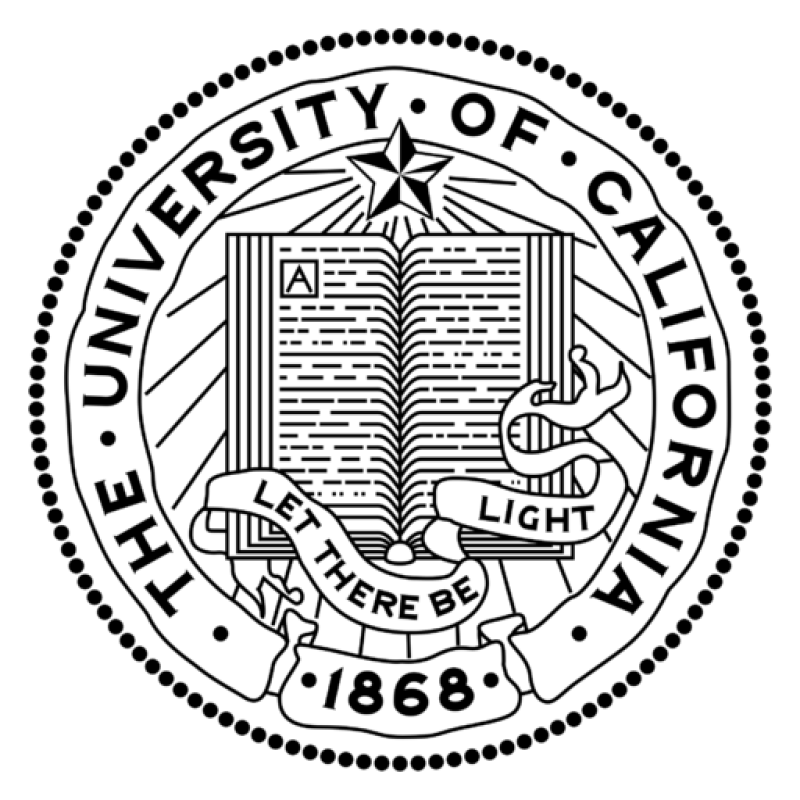

The Senate Democrats proposed a bill that can prevent tuition hikes proposed by UC Regents last month.
On Tuesday, the Senate President Pro Tem Kevin de Leon announced a proposal by California Democrats that can potentially stop tuition hikes for the University of California school system. The plan aspires to provide higher education to a larger group of California residents through affordable tuition.
"It is absolutely clear that the future of California's economy depends on the vibrancy and the quality of our higher education system," said de Leon.
Last month, the UC Regents voted in favor of 5 percent tuition increases every year for the next five years, amounting to a potential 28 percent increase. The decision was heavily criticized by Governor Jerry Brown, as well as by UC students. Students all over the state of California protested the proposed tuition hikes at UC campuses. Students at UC Berkeley held another protest Tuesday.
The proposed plan, announced by de Leon, includes an increased number of enrolled students in the UC system by 5,000 and the Cal State University (CSU) system by 10,500 students for the 2015-2016 academic year.
SB15, the proposed bill by the Senate Democrats, will also allocate more funds to the UC system. The increased fund will be from increased tuition for non-California residents attending the UC system, and middle class scholarships will be repurposed to curtail the tuition hikes.
The bill also proposes providing incentive grants to students. Students who complete a required amount of units each year will be awarded with grants. The incentives are designed to motivate students to graduate in four years or less. According to the bill, 84 percent of UC students graduate after six years. The extended period of enrollment by college students increases tuition costs for them, and impacts the ratio of students to faculty. The proposal aims to eliminate this problem through the incentive grants.
The Democrats also request that the California government increases funds for the UC education system, which will help cut costs.
On Monday, Senate Speaker Toni Atkins made proposals of her own to cut rising UC tuition costs. Atkins proposed a "zero-based" procedure in calculating the UC budget. Essentially, the budget would be based off of a blank slate and every aspect of the budget would be analyzed. In the past, the UC costs were decided using previous years' budgets as reference.
"We can look at the efficiencies. We can look at the prioritization of how they advocate spending their dollars. And we can have a real discussion about it," said Atkins.



















